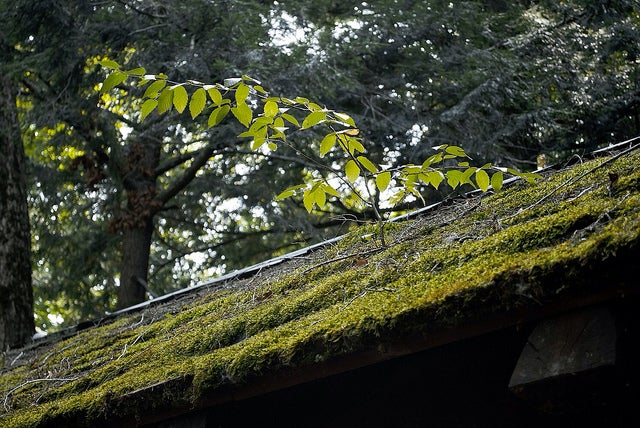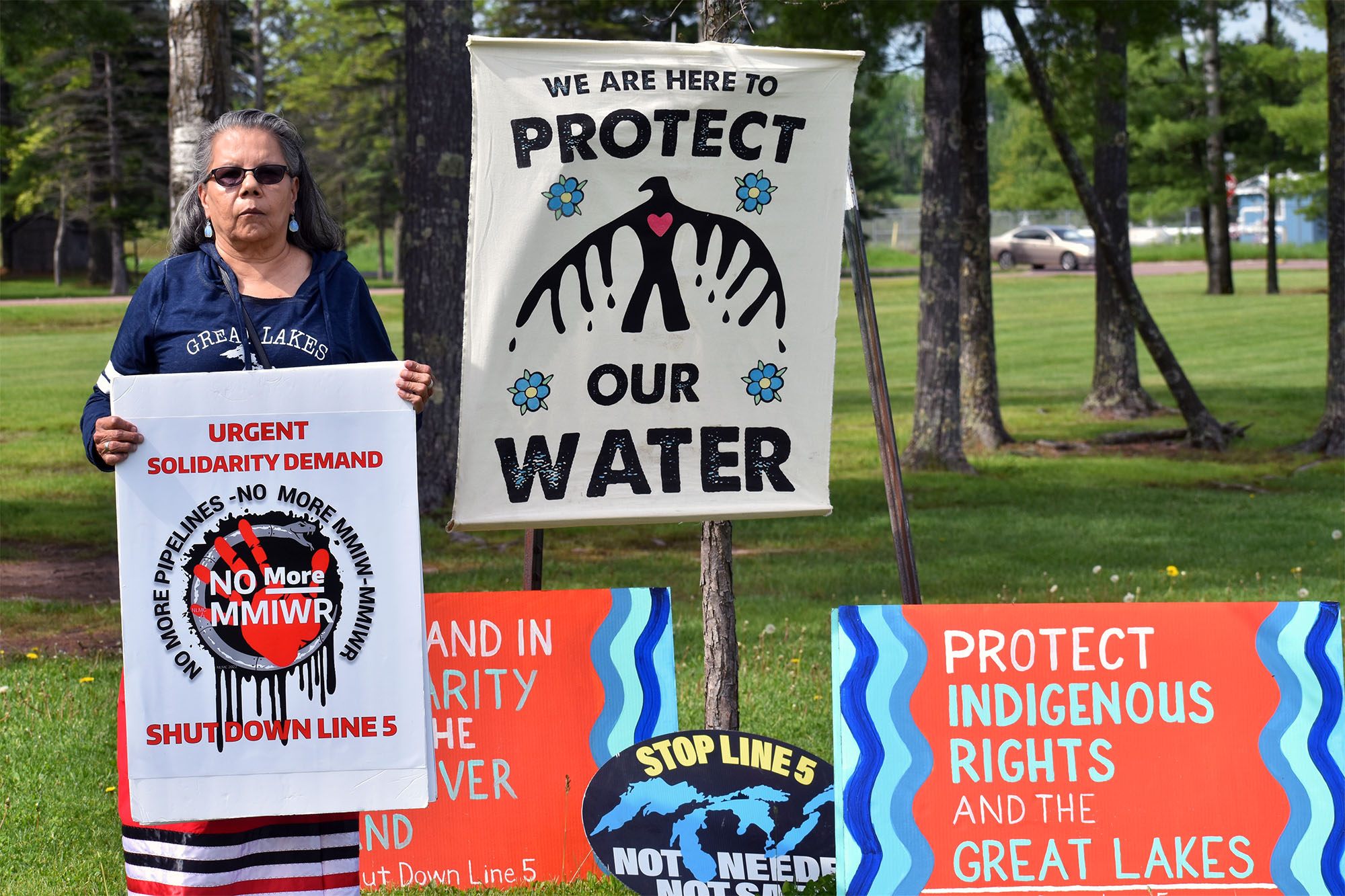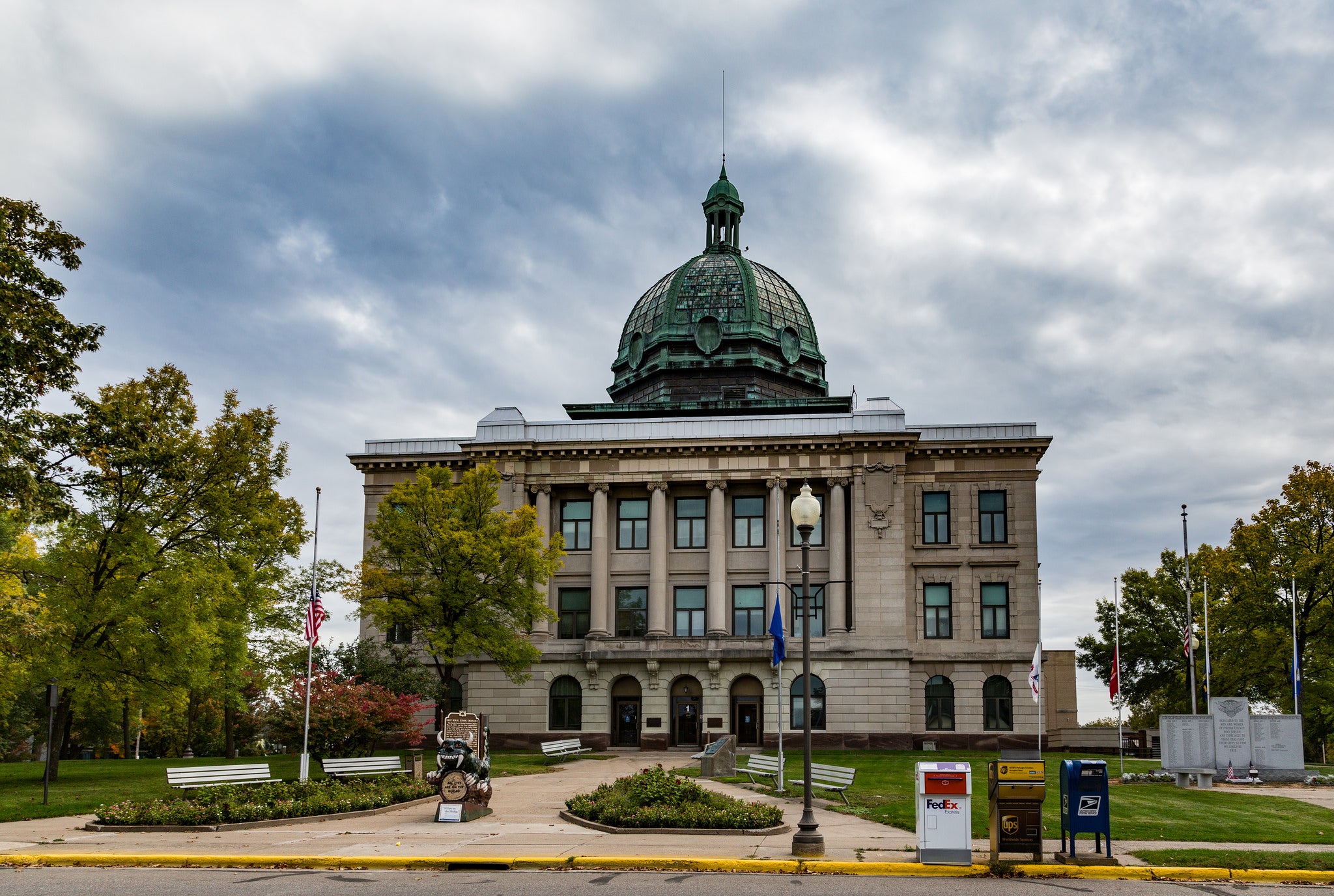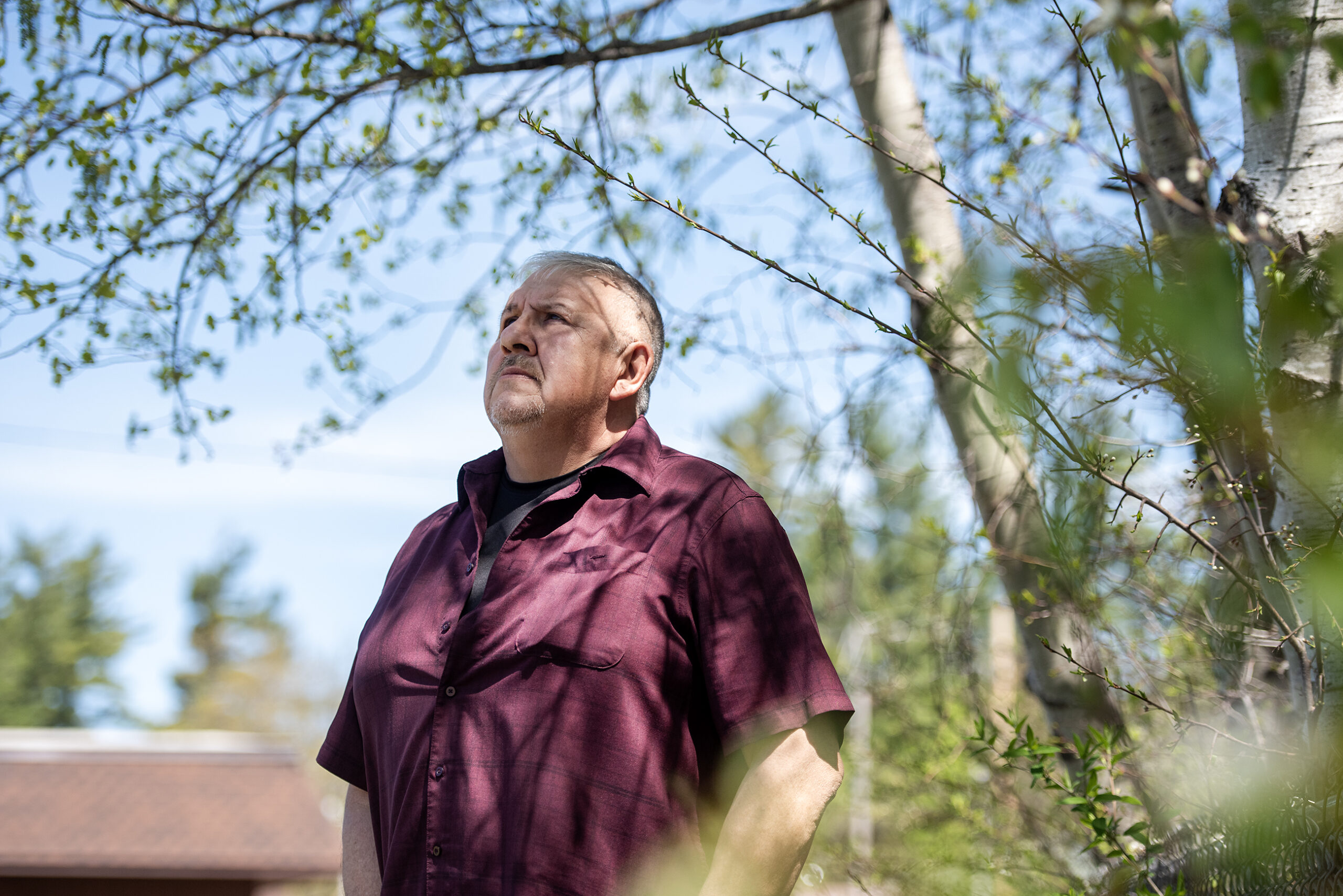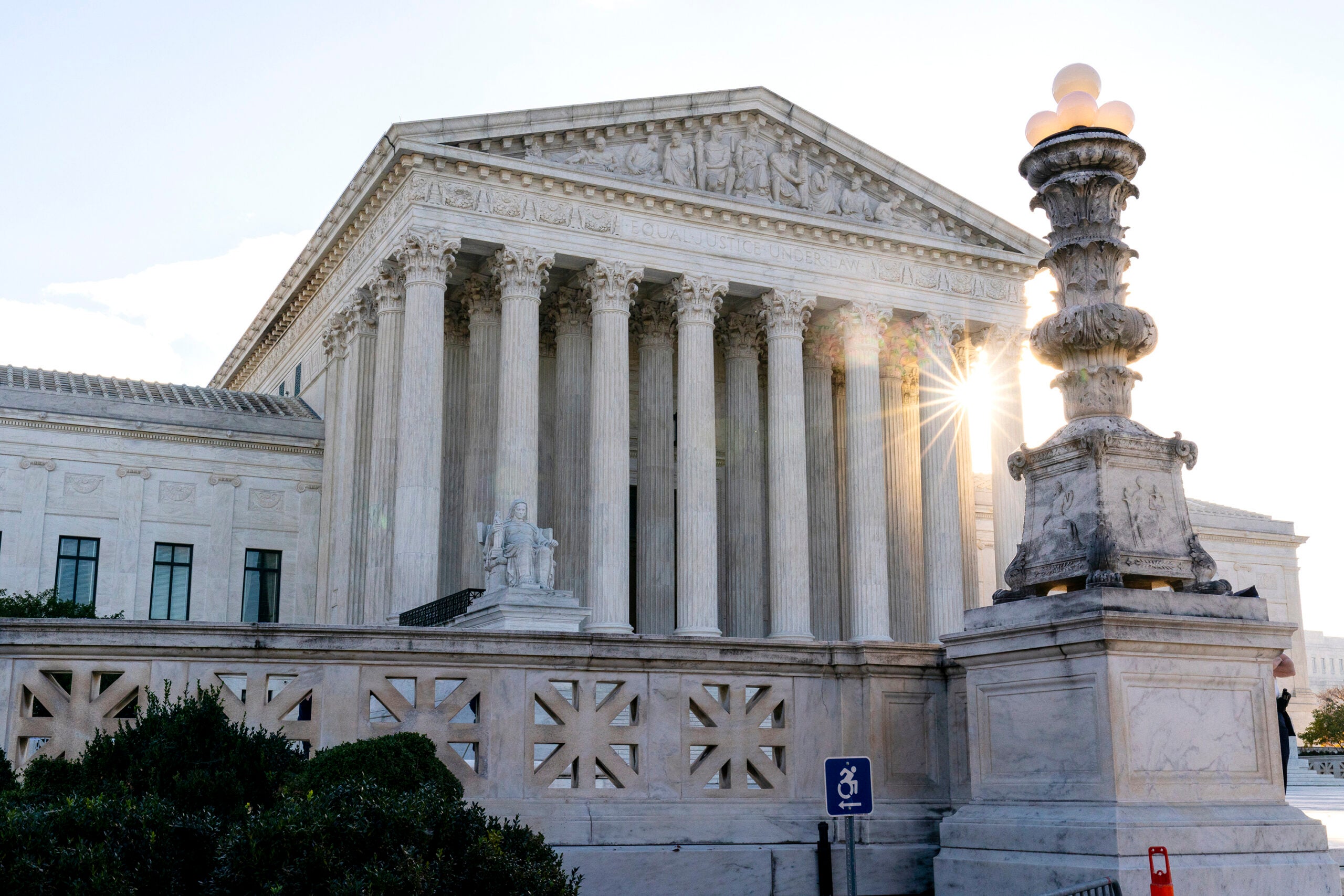Many, if not all, of the tribal leaders meeting with the U.S. Environmental Protection Agency Wednesday and Thursday will ask the agency to halt mining activity in the Penokee Hills.
Lead by northern Wisconsin’s Chippewa Federation of Tribes, leaders will argue that the EPA must use a section of the Clean Water Act to intervene and preserve the pristine waters of Lake Superior.
The company Gogebic Taconite is proposing to build the largest open-pit iron ore mine in North America in an area that would flow into the Lake Superior watershed. The provision of the Clean Water Act tribes are asking the EPA to use would stop drilling and data collection by GTAC until federal regulators decide if the mine would do irreparable damage to the area.
Stay informed on the latest news
Sign up for WPR’s email newsletter.
Lac du Flambeau President Tom Maulson said they’re going into these meetings with their eyes wide open.
“Can we trust the federal government in their endeavors to do things right for us? Probably not,” Maulson said. “They haven’t lived up to their bargain with American Indians back then. What makes them think they’re going to live up to them now?”
But Maulson said their mistrust of the state government is even greater. He said Wisconsin has passed laws favorable to GTAC and ignored the nearby tribes, even to the point of passing a law creating an off-limits zone to the proposed mining area.
“That’s in the ceded territory,” he said. “Maybe we need to sue GTAC or maybe we need to sue the state of Wisconsin in our endeavors to get on that piece of property, because we’re not going to do any damage to it. The tribes are not going to mine it.”
The EPA recently used a section of the Clean Water Act in February to suspend mining activity by the Pebble Mine Company because it threatened the pristine Bristol Bay in Alaska.
Wisconsin Public Radio, © Copyright 2024, Board of Regents of the University of Wisconsin System and Wisconsin Educational Communications Board.

